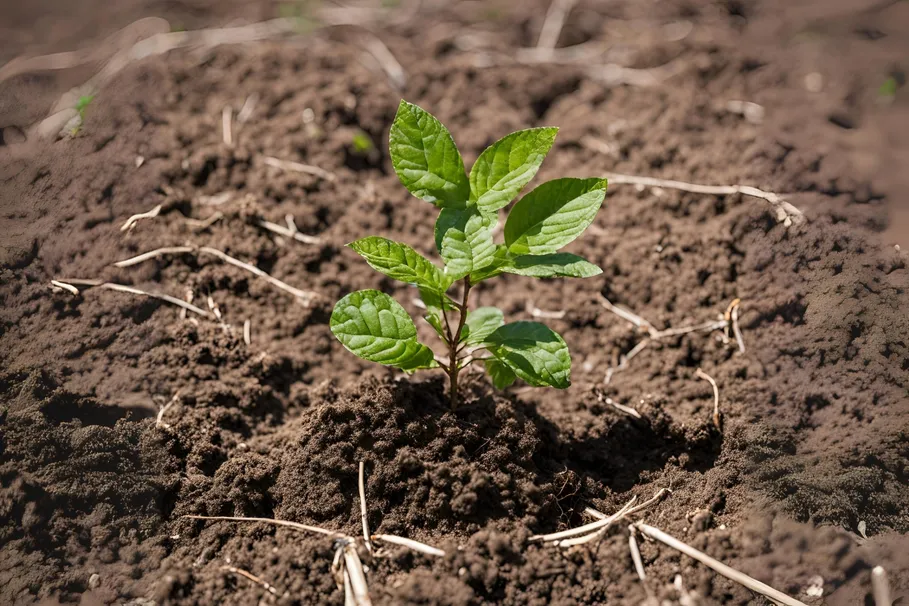Soil isn’t just dirt; it’s a living, breathing ecosystem that supports life on Earth. Imagine soil as the foundation of a house. If the foundation is weak, the whole structure is at risk. The same goes for soil: its health is crucial for the well-being of plants, animals, and ultimately, humans. Let’s dig into what soil health really means and why it’s so vital.
What Is Soil Health?
Soil health refers to the condition of soil in terms of its ability to function as a vital living system. Healthy soil is rich in organic matter, teeming with microorganisms, and has a balanced structure that allows for water retention and root growth. Essentially, it’s about the soil’s capacity to sustain plant life and contribute to ecosystem functions.
Key Components of Soil Health
1. Soil Structure
Good soil structure is like a well-organized pantry. It has the right balance of air spaces and solid particles. This structure affects water infiltration, root growth, and nutrient availability. Well-structured soil can better withstand erosion and compaction.
2. Organic Matter
Organic matter, such as decomposed plants and animals, is the soil’s nutrient powerhouse. It improves soil structure, helps retain moisture, and provides essential nutrients for plant growth. Think of it as the soil’s personal fertilizer factory.
3. Soil Microorganisms
Soil is bustling with life—bacteria, fungi, earthworms, and insects all call it home. These microorganisms break down organic matter, enhance nutrient availability, and support plant health. They’re the unsung heroes of the soil ecosystem.
4. Nutrient Balance
Soil health is also about having the right balance of nutrients. Plants need a mix of macronutrients (like nitrogen, phosphorus, and potassium) and micronutrients (like calcium and magnesium) to thrive. Soil that is well-balanced can support healthy plant growth and reduce the need for chemical fertilizers.
Why Soil Health Matters
1. Agricultural Productivity
Healthy soil translates to better crop yields. When soil is nutrient-rich and well-structured, plants can grow stronger and produce more food. This is crucial for feeding the growing global population and ensuring food security.
2. Environmental Sustainability
Soil health impacts water quality and ecosystem stability. Healthy soil can filter and store water, reducing runoff and preventing erosion. It also plays a role in carbon sequestration, helping to mitigate climate change.
3. Biodiversity
Rich, healthy soil supports a diverse range of organisms, from microorganisms to plants and animals. This biodiversity contributes to ecosystem resilience and stability, which benefits all life forms.
4. Economic Benefits
Investing in soil health can lead to long-term economic gains. Farmers who maintain healthy soil may reduce their reliance on expensive fertilizers and pesticides, and they may also see increased profitability due to better crop yields.
How to Promote Soil Health
1. Add Organic Matter
Incorporate compost, manure, or cover crops into your soil. These additions boost nutrient levels and improve soil structure.
2. Practice Crop Rotation
Rotating crops helps prevent nutrient depletion and reduces pest and disease buildup.
3. Reduce Soil Disturbance
Minimize tillage to protect soil structure and reduce erosion.
4. Manage Water Wisely
Use techniques like drip irrigation and rainwater harvesting to conserve water and prevent soil erosion.
Conclusion
Soil health is fundamental to our planet’s well-being. By understanding and improving soil health, we’re not just enhancing agricultural productivity; we’re supporting environmental sustainability, biodiversity, and economic stability. So the next time you’re in your garden or farm, remember that you’re not just working with dirt—you’re nurturing a crucial component of our global ecosystem.
Healthy soil means a healthier planet. Let’s dig in and take care of it!


